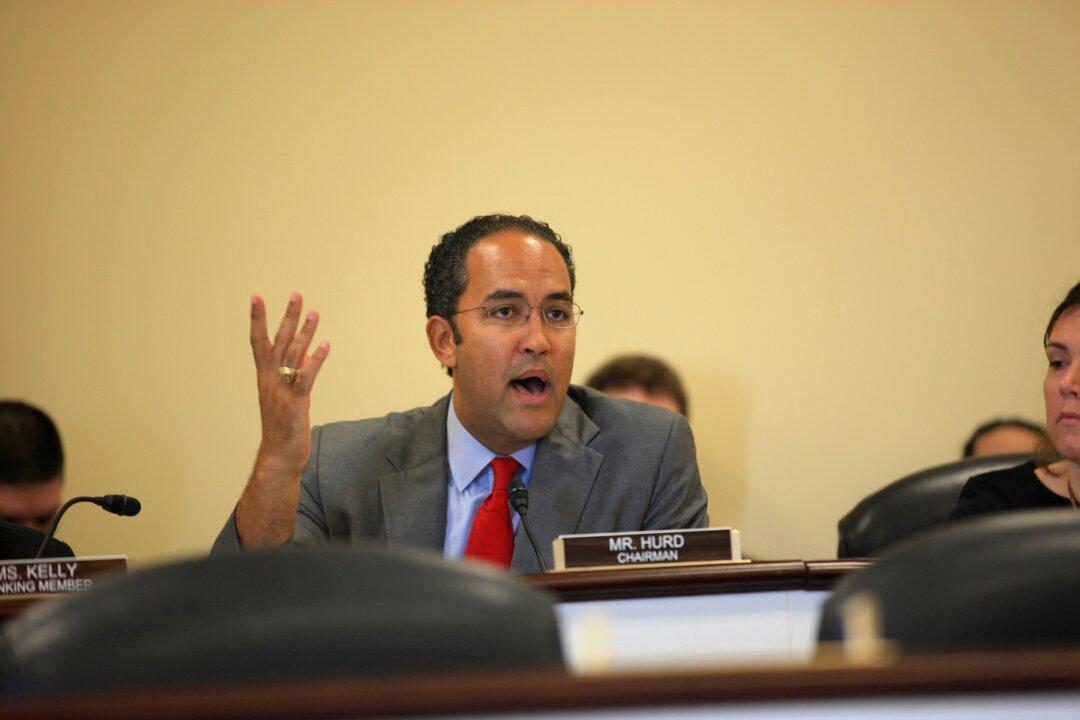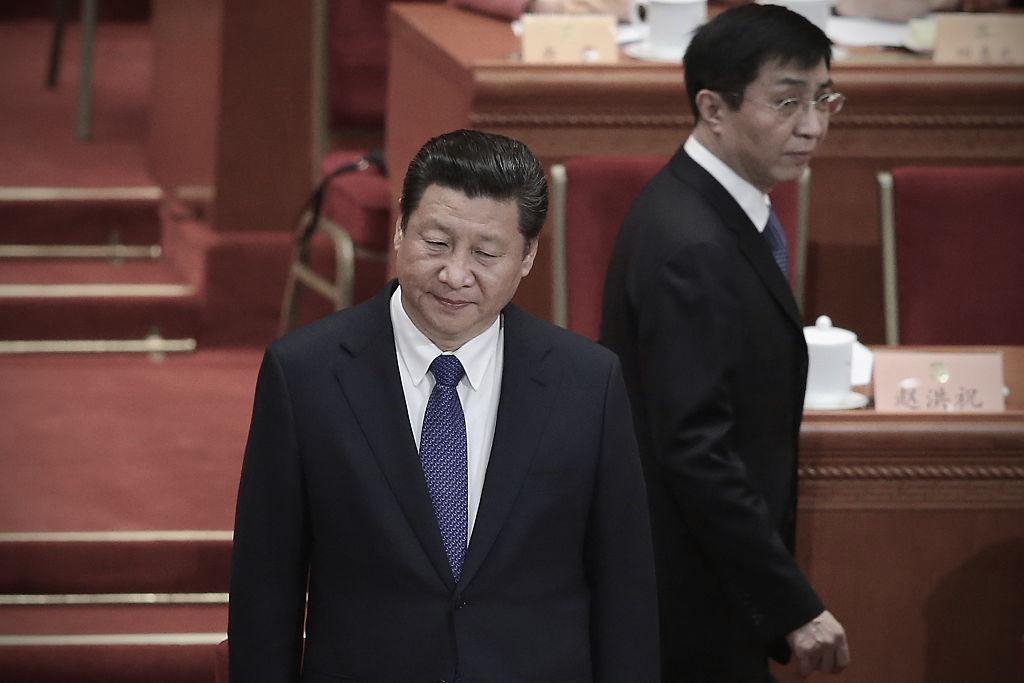WASHINGTON—The United States needs more tools to counter China’s aggressive efforts to acquire American intellectual property through legal and illegal means, experts told a congressional hearing
“For more than 40 years, the U.S. has encouraged China to develop its own economy, and to take its place alongside with the U. S. as a central and responsible player on the world stage,“ Rep. William Hurd (R-Texas), chairman of the subcommittee on Information Technology, said in his opening remarks on the topic of “Countering China” on Sept. 26, 2018. ”But China doesn’t want to join us. They want to replace us. More importantly, China has not been playing fair.”




